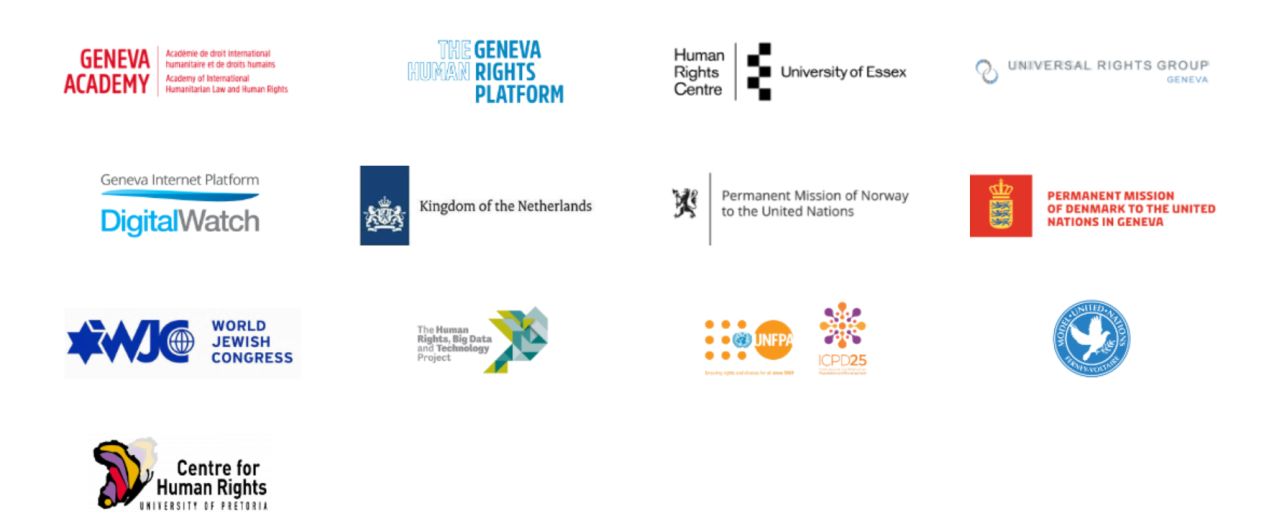Right On: Contact Tracing and Challenges to Privacy
Right On


Diplo Foundation
The current global health crisis brings interesting dilemmas and tough choices for governments, individuals, and society. Many agree that using technology for the tracking of infections and their routes is an essential piece of information – not only to understand the virus but also to protect the population and control the pandemic. On the other hand, human rights, privacy, as well as our comfort may be challenged with surveillance of this kind.
What if the data gets leaked? What if the data is used for other purposes? Will this surveillance stay in place forever or is it just temporary? Is it legal? What should the safeguards be? How do approaches of different countries compare to each other?
In our Wednesday ‘Right On’ webchat panelists will address and discuss these issues.
Moderation
- Tereza Horejsova, Project Development Director, DiploFoundation
Speakers
- Joe Cannataci, UN Special Rapporteur on privacy and Head of the Department of Information Policy and Governance, University of Malta
- Paul-Olivier Dehaye, Founder of PersonalData.IO
- Allie Funk, Research Analyst for Technology and Democracy, Freedom House
- Jade Nester, Director, Consumer Policy, GSMA
- Nanjira Sambuli, Researcher, Policy Analyst, and Advocacy Strategist on information and communications technology (ICT)
Registration
To join the discussion, you need to register here.
‘Right On’: The Wednesday Web Chat
This online event series is co-coordinated by the Geneva Academy, the Geneva Human Rights Platform, the Universal Rights Group, the Essex Human Rights Centre, Diplo Foundation and the Geneva Internet Platform, in partnership with the Human Rights, Big Data and Technology Project, UNFPA, the World Jewish Congress, as well as the Permanent Missions of Denmark, Norway and the Netherlands to the United Nations in Geneva – that will keep the human rights dialogue going during these COVID-19 times.
Every Wednesday at 15:00, experts and practitioners will discuss key human rights issues related to the current health crisis.
Video
Right On: Contact Tracing and Challenges to Privacy
What if the data gets leaked? What if the data is used for other purposes? Will this surveillance stay in place forever or is it just temporary? Is it legal? What should the safeguards be? How do approaches of different countries compare to each other? Our Right On chat will provide the answers.








